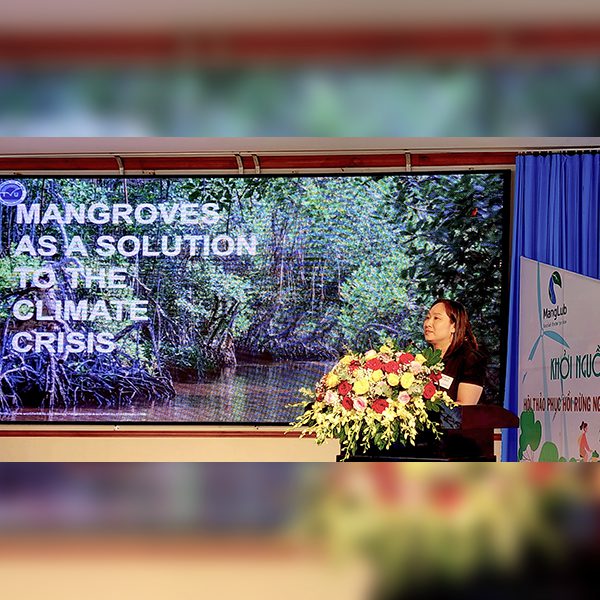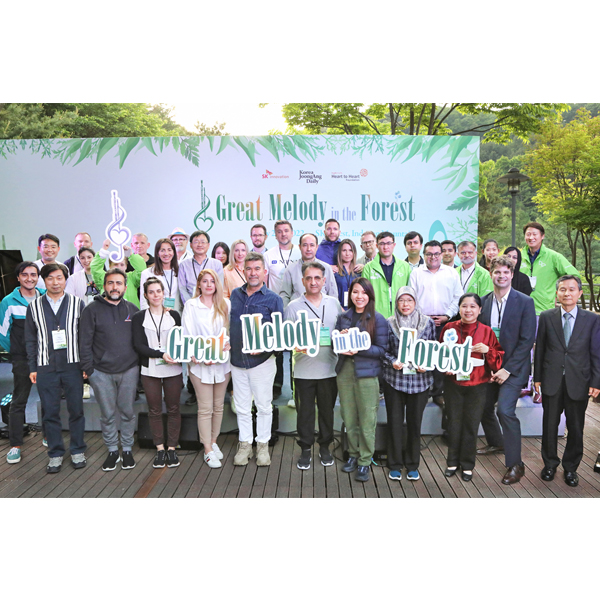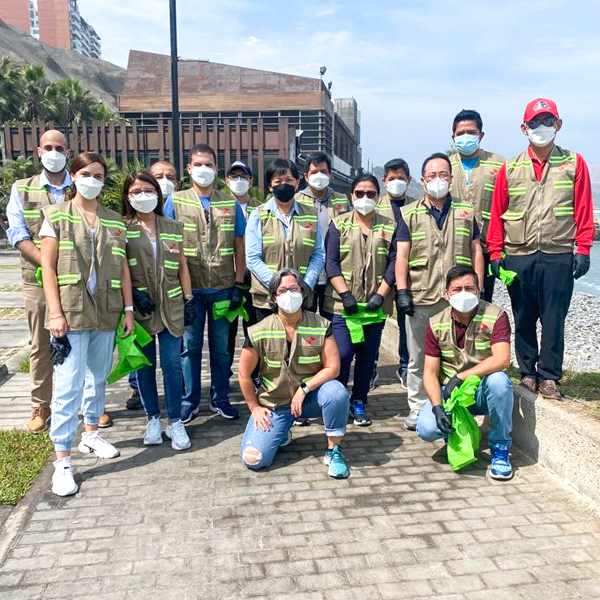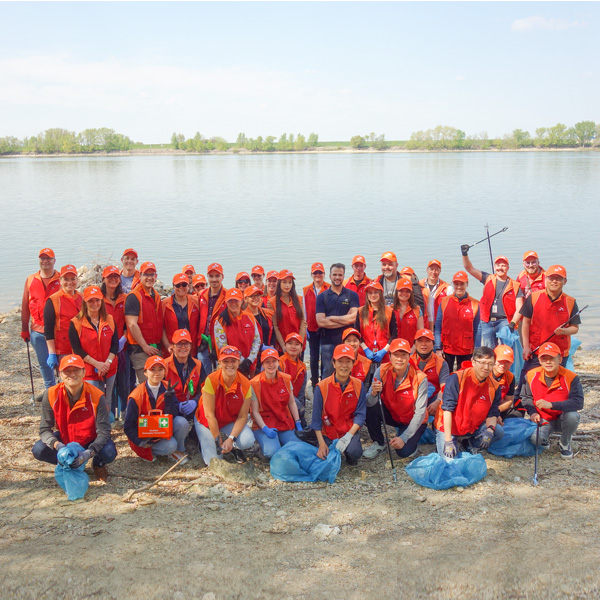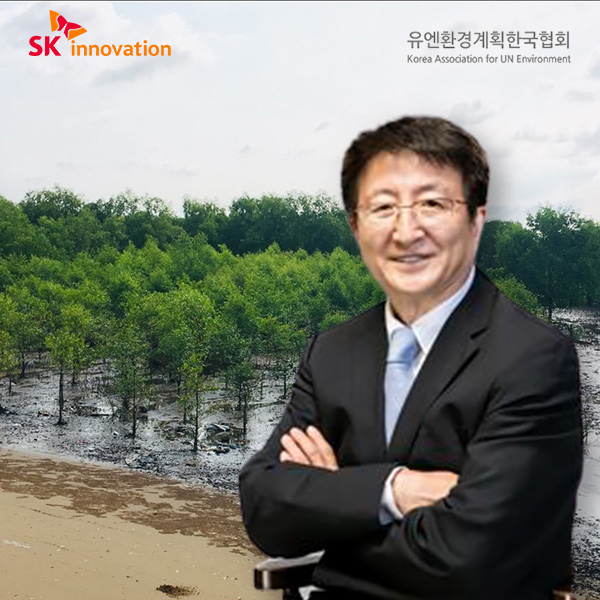 Opinions
Opinions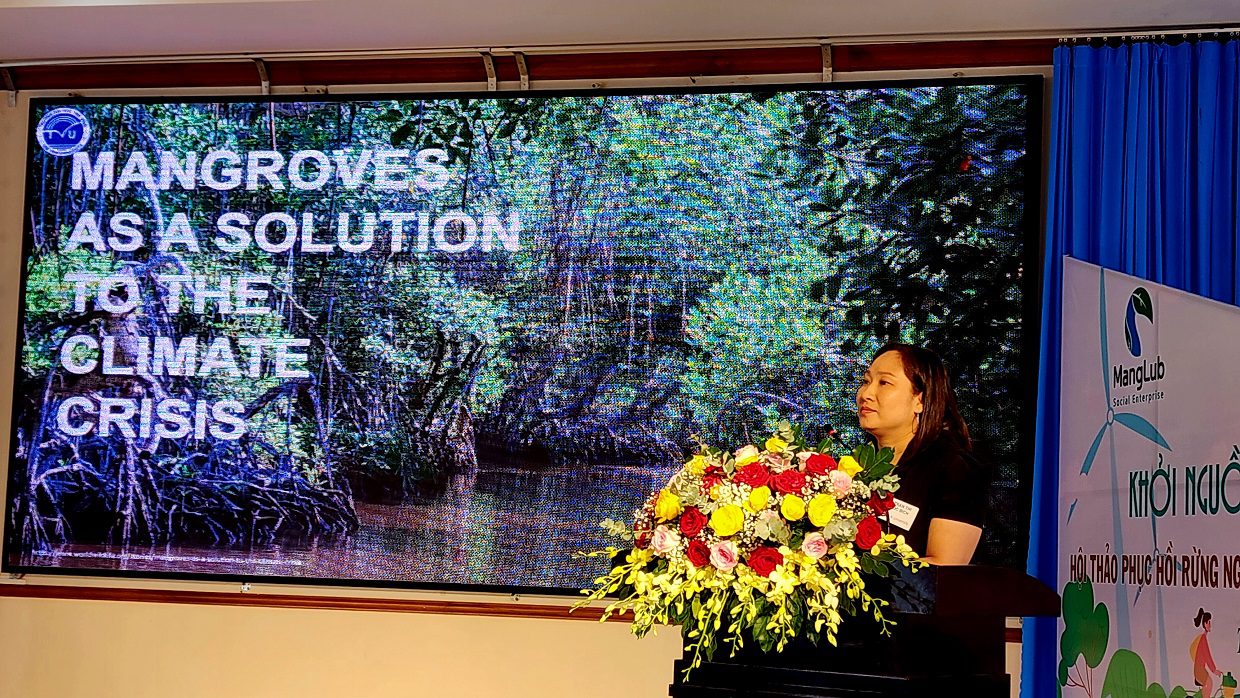
On September 5 (local time), Tran T. Ngoc Bich, Vice Director of Institute of Environmental Science and Technology,Tra Vinh University, delivers a lecture on the topic of “Risk of Salinity & Mekong delta’s sea rise level.” at a seminar hosted by the Vietnam SV Alliance.
Climate change affects the health, agriculture, forestry, water, and marine resource sectors, as well as on rainfall patterns. As coastal areas are especially vulnerable to the effects of climate change, high waves can cause coastal abrasion, leading to damage to infrastructure in coastal areas. In reference to tackling the climate crisis, mangroves are commonly referred to as a nature-based solution (NbS)(1). By leveraging the strengths that already exist in nature, a nature-based solution can mitigate or adapt to the impact of change. The importance of the mangrove ecosystems is to prevent coastal erosion, mitigate the adverse effects of rising sea levels, absorb pollutants in coastal waters, and contribute to stabilizing people’s livelihoods.
(1)Nature-based solution (NbS): Actions to protect, sustainably manage, or restore ecosystems, that address societal challenges such as climate change etc. effectively and adaptively.
Mangrove forests in the Mekong Delta account for more than 60% of the total mangrove forest area in Vietnam. Due to the natural impacts and socioeconomic activities, the mangrove area in the Mekong region has significantly declined. The total area of mangroves in the Mekong Delta decreased from 185,800 ha in 1973 to 102,160 ha in 2020, with a loss of 2,150 ha per year to aquaculture expansion and 430 ha per year to coastal erosion. As a result, various policies and projects on mangrove restoration, rehabilitation, and plantations have been implemented in the Mekong Delta. From 2015 to the present, 10,042 hectares of mangrove forests have been planted and restored. It is expected that in the period of 2022–2025, 2,631 hectares of mangrove forests will continue to be planted.
However, due to the unique topography, flow regime, and lack of financial incentives, the restoration of mangroves in the Mekong Delta is facing difficulties. Therefore, the role of local authorities and the cooperation and sponsorship of the private sector or enterprise in the project’s implementation are paramount.
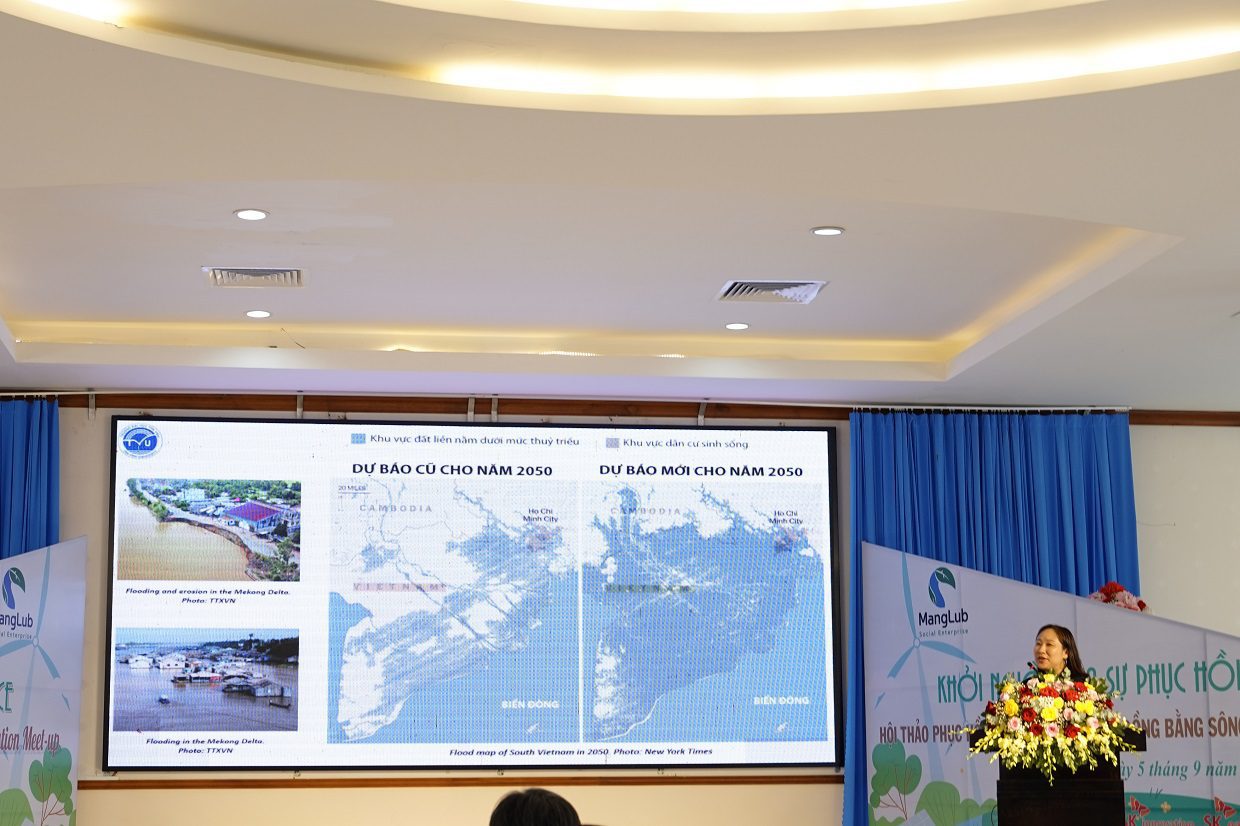
Tran T. Ngoc Bich, Vice Director of Institute of Environmental Science and Technology,Tra Vinh University, delivers a lecture on the topic of “Risk of Salinity & Mekong delta’s sea rise level.”
The Intended Nationally Determined Contribution(2) of Vietnam stated that mangrove plantations are one of the important options for climate change mitigation and could help Vietnam reach its net-zero carbon emission target by 2050. Moreover, with the adoption of the Paris Agreement(3), 29 parties, including Vietnam, have committed to using mangrove restoration as a climate mitigation activity.
(2)Intended Nationally Determined Contribution (INDC): The primary means for governments to communicate internationally the steps they will take to address climate change in their own countries. – Source: World Resources Institute
(3)Paris Agreement: A legally binding international treaty on climate change – Source: United Nations Climate Change
The project to restore and preserve mangrove forests along the Mekong Delta proposed by MangLub, which was established by SK Innovation, is very significant because the Mekong Delta is heavily affected by climate change. The project and initiatives all contributed to successful mangrove restoration projects and programs that have played a significant role in maintaining and increasing mangrove forest cover in the Mekong Delta. This is particularly important as a project on the protection and development of coastal forests from 2021–2030 was recently approved by the Vietnam government on October 10, 2021.
The actions of MangLub – SK Innovation will be an important basis for the boom of mangrove restoration projects in the coming years, especially when restoration projects are well-designed. Under the Mangrove Reforestation Project, MangLub – SK Innovation will contribute to reaching the target of restoring and afforesting 91,000 ha of mangroves in the Mekong Delta provinces for the period of 2021-2025.










 Youtube
Youtube Facebook
Facebook Instagram
Instagram Linkedin
Linkedin









